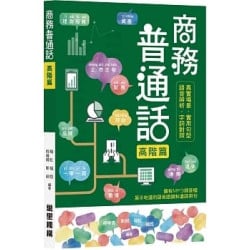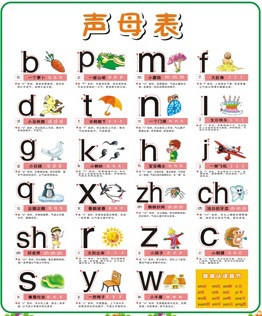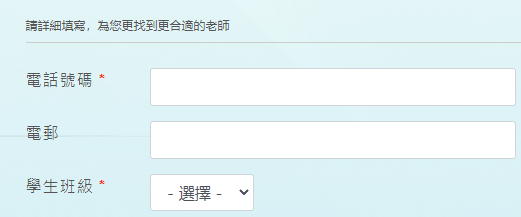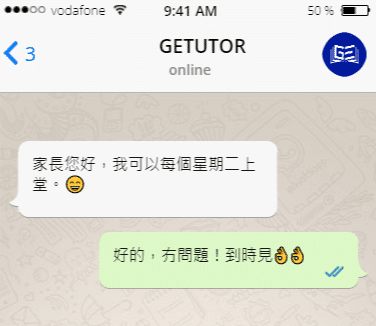In 2012, he obtained the General Certificate in Putonghua Proficiency Test issued by the Hong Kong Examinations and Assessment Authority.
I have been teaching Mandarin in the Hong Kong Education Center for 8 years. I have rich teaching experience and have led my students to achieve great results in GAPSK, KPCC tests, inter-school recitation competitions and other activities. I have personally won many awards for outstanding instructors from various test centers and competition agencies.
I personally like children very much. I am very patient and responsible in my work, taking care of both gentleness and strictness, and I am full of enthusiasm for teaching. Able to grasp the situation of students in a timely manner through meticulous observation. I often make some small teaching aids and toys by myself to share with the children, so that they can be immersed in a pleasant learning atmosphere and language environment and fall in love with Mandarin!
During my work, I was fortunate enough to accompany many students from babbling to graduating from primary school. My teaching has been unanimously recognized by parents and students.
In terms of courses, I can meet the needs of students for courses such as singing and playing, classic reading, pinyin reading, pronunciation and intonation, certificate examinations, recitation competitions, reading comprehension, and daily conversation.
























